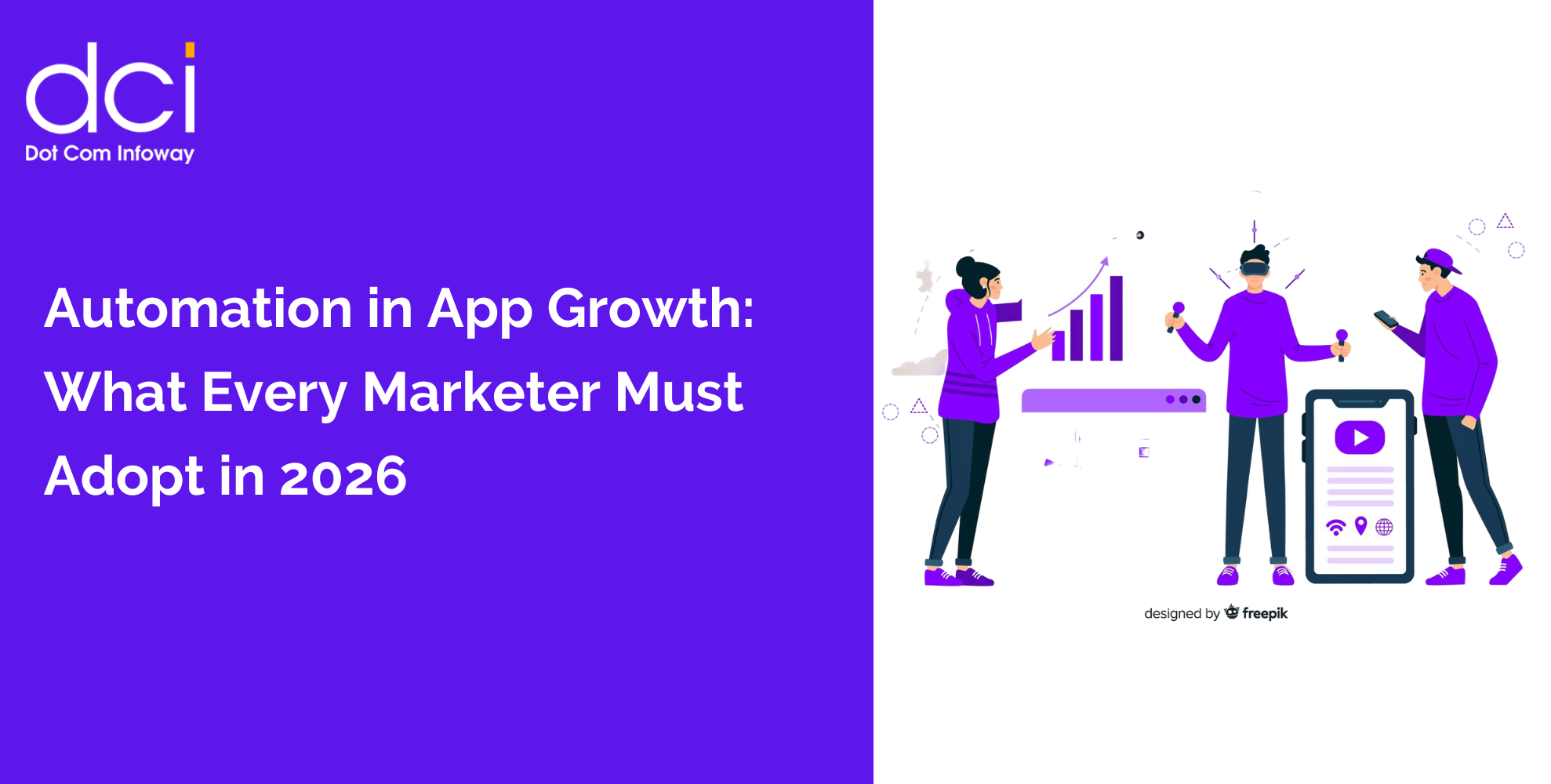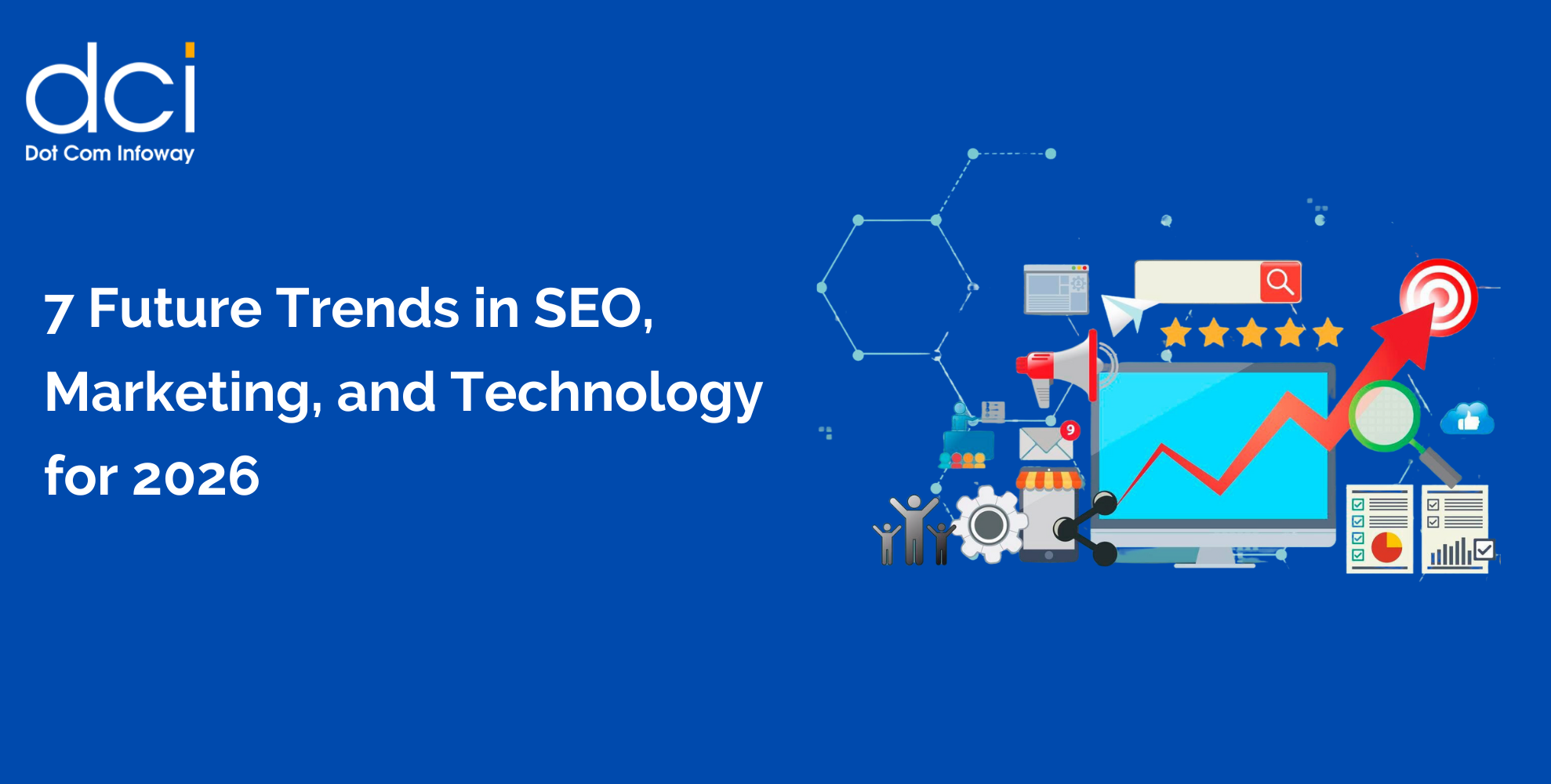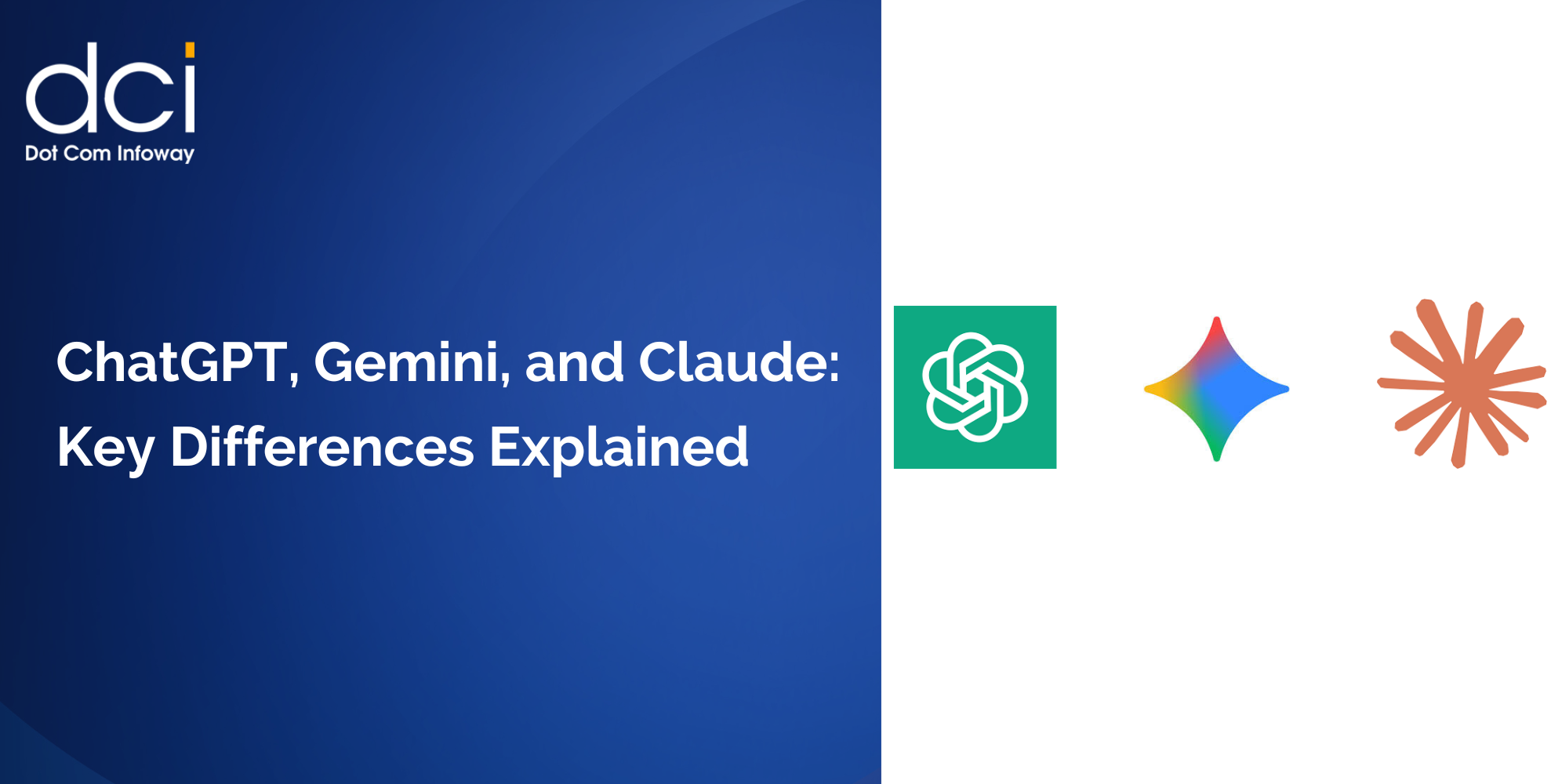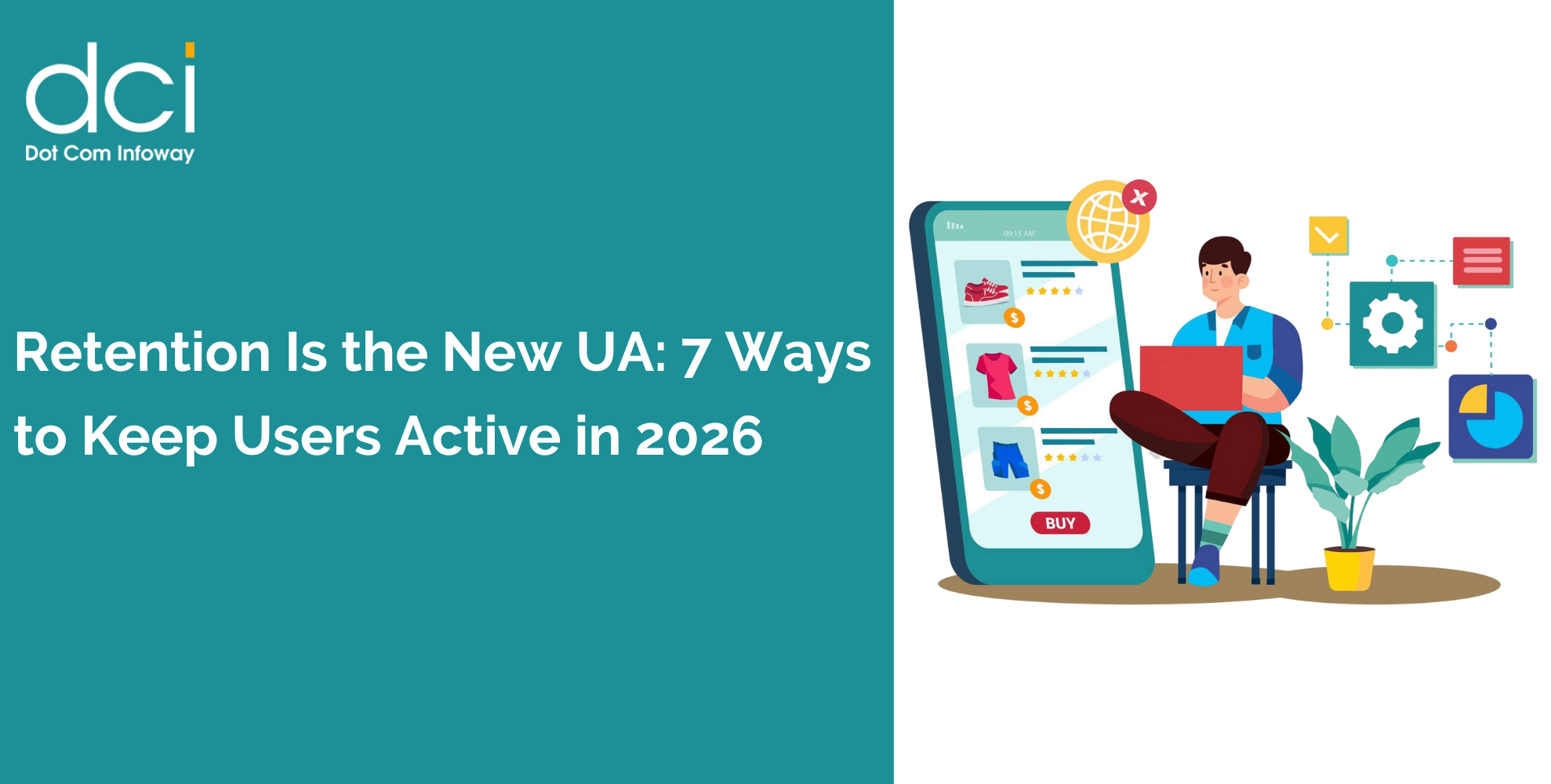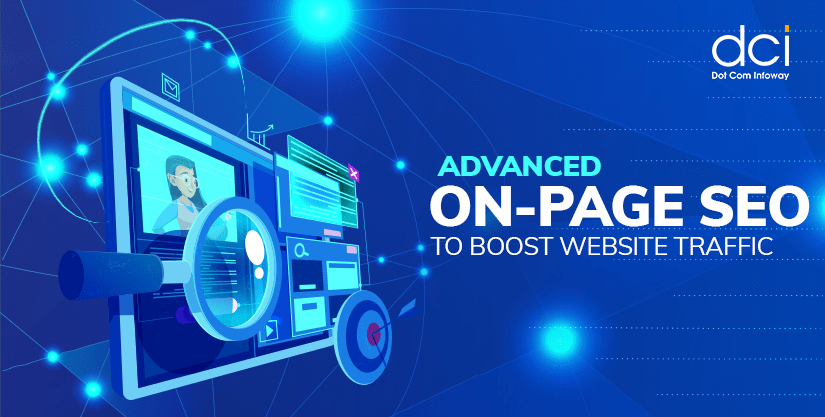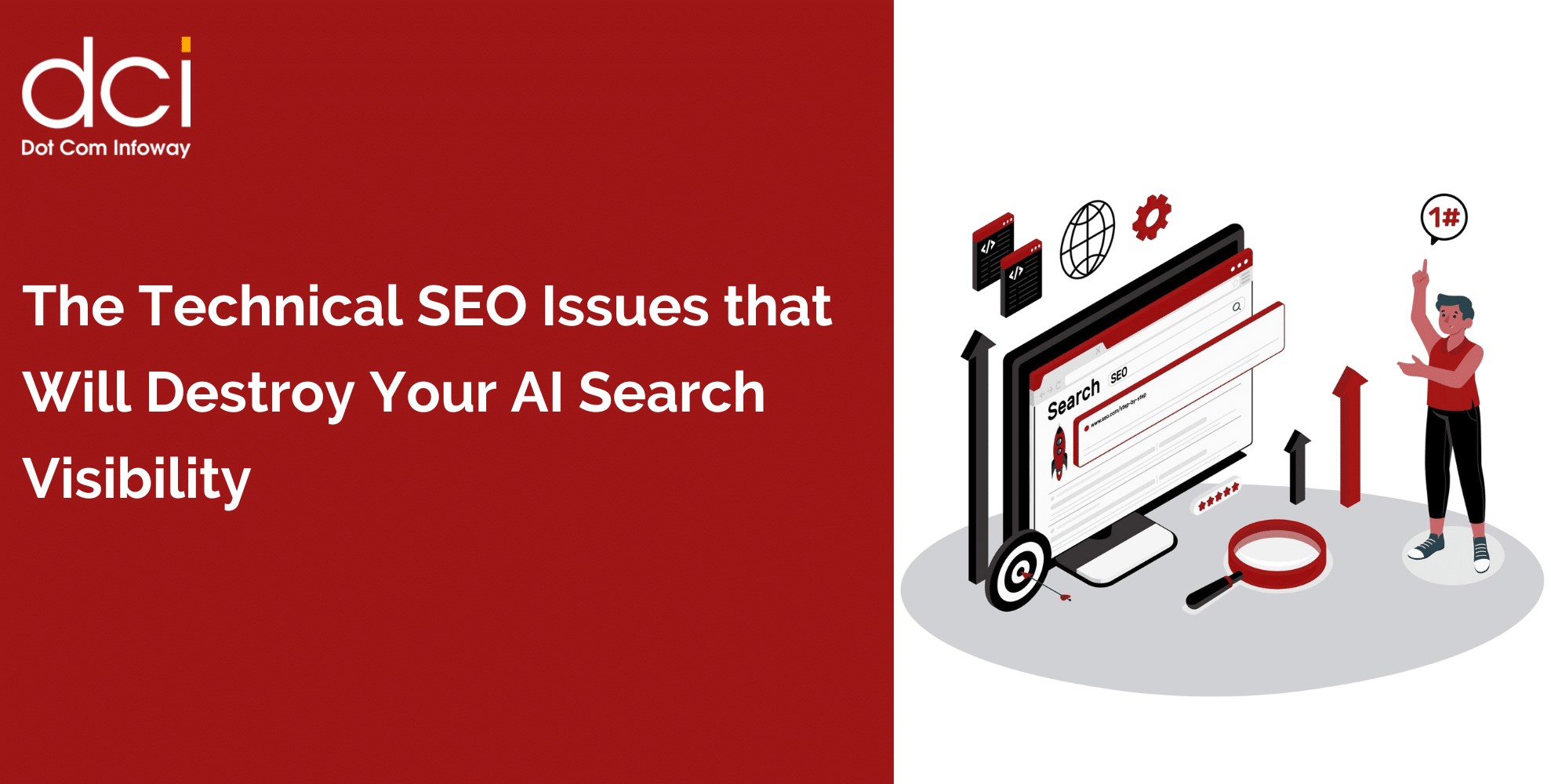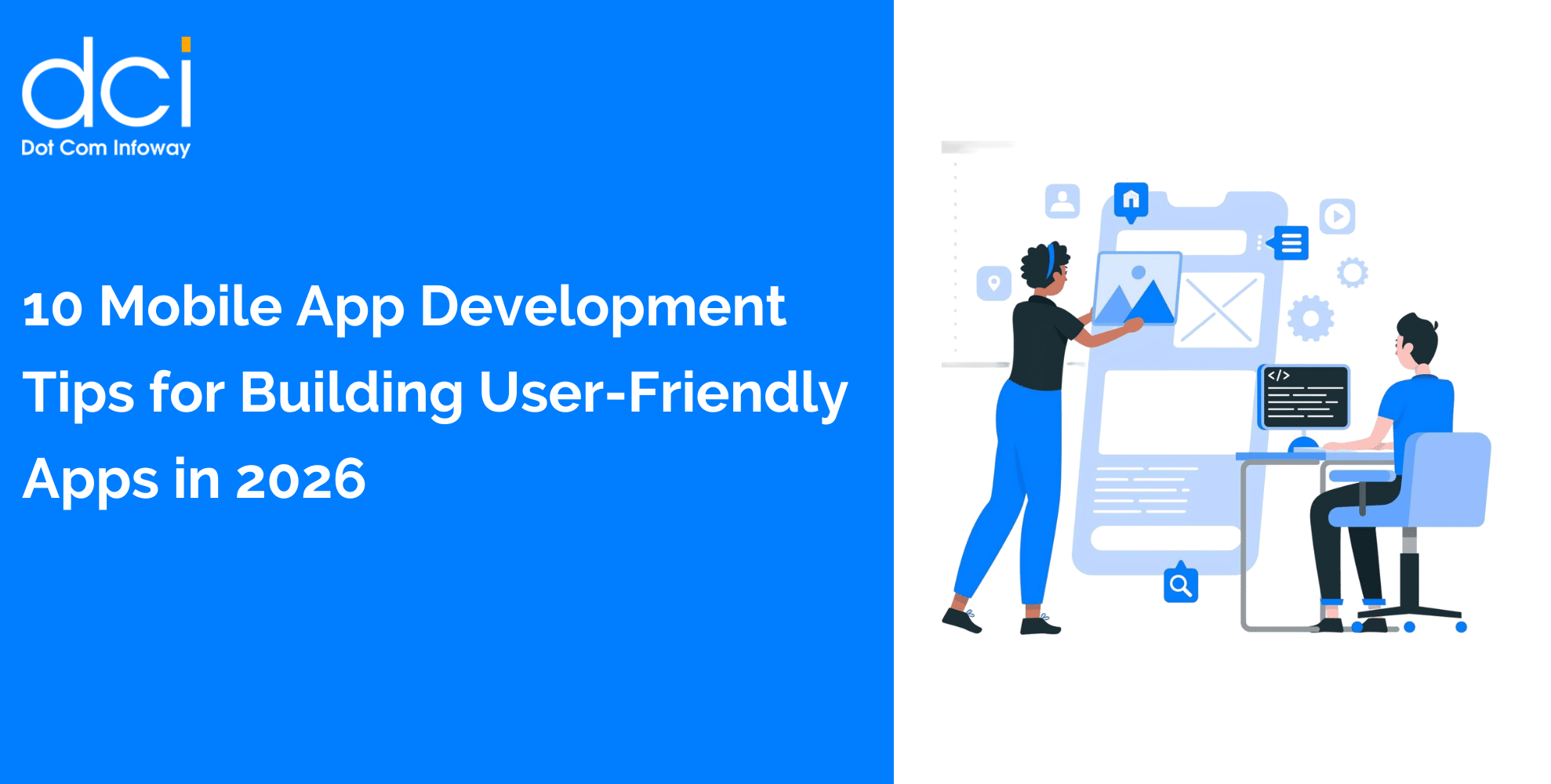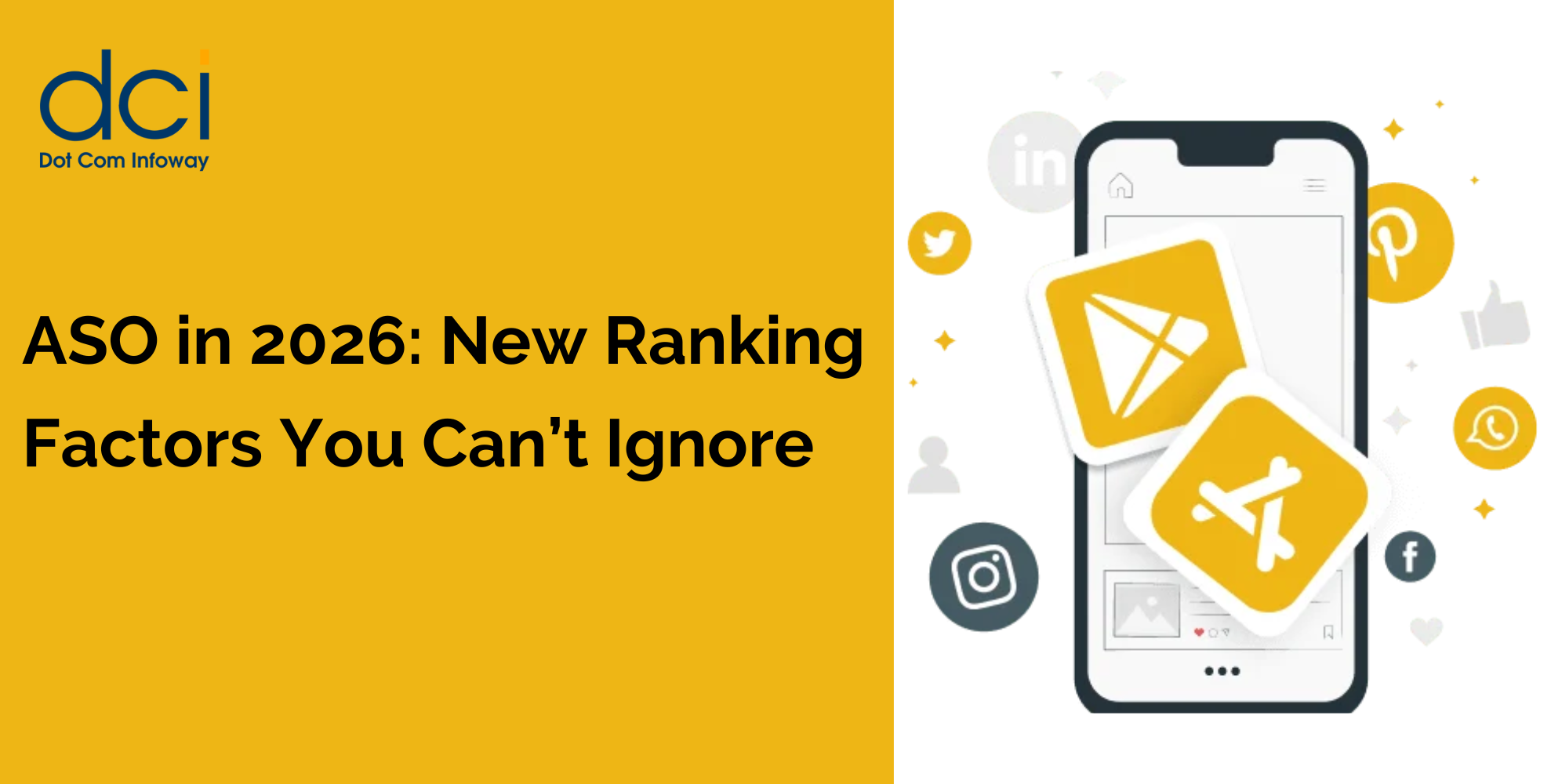The Rise of Autonomous Marketing Agents
From Tools to Strategic Partners
App Marketing in 2026 has witnessed a fundamental shift from AI as a helpful tool to AI as an autonomous collaborator. Unlike the semi-automated platforms of previous years, today’s marketing agents manage complex, multi-step processes with minimal human oversight.
“Autonomous AI agents are now managing campaigns end-to-end, generating creative assets, testing variations, reallocating spend in real time, and optimizing toward return on investment or customer lifetime value,” according to recent industry research on marketing automation trends.
Companies like Adobe and Omneky are already demonstrating this capability, launching and optimizing omnichannel campaigns while continuously learning from performance data. The result? Marketing teams report 78% improvement in decision-making speed and 47% better forecasting accuracy when using AI-powered analytics.
Specialized Agents Across Functions
Modern App Marketing in 2026 employs specialized AI agents across different domains:
• Campaign Planning Agents: Automatically develop multi-channel strategies based on historical performance and market trends
• Creative Generation Agents: Produce and test thousands of ad variations using generative AI
• Attribution Agents: Reconstruct complex customer journeys and recommend optimization actions
• Budget Allocation Agents: Continuously redistribute spend across channels for maximum ROI
These agents don’t just execute tasks: they collaborate with each other, learning from interactions and becoming increasingly sophisticated in their decision-making capabilities.
The Hyper-Personalization Revolution
Beyond Surface-Level Customization
The most successful apps in 2026 deliver experiences that adapt in real-time based on user behavior, context, and predictive analytics. This represents a quantum leap beyond traditional personalization tactics.
Consider how leading e-commerce apps like Amazon now provide completely different interfaces depending on user intent. A hurried commuter sees streamlined shortcuts and one-click purchasing options, while a browser receives detailed product comparisons and educational content. This level of hyper-personalization drives significant business impact: 91% of consumers prefer brands that personalize experiences, and AI-powered personalization engines have delivered a 35% increase in purchase frequency and 21% boost in order value.
Predictive Anticipation at Scale
App Marketing in 2026 leverages predictive analytics marketing to anticipate user needs before they’re consciously expressed. Netflix exemplifies this approach, using viewing patterns, time of day, and even weather data to surface content recommendations that feel almost telepathic in their accuracy.
The technology enabling this transformation includes:
• Real-time behavioral analysis that adapts content within milliseconds
• Cross-platform data integration creating unified user profiles
• Machine learning models that improve prediction accuracy with every interaction
• Dynamic interface optimization that restructures app layouts based on user psychology
Built-In App Intelligence: The Local AI Revolution
On-Device Processing Changes Everything
A critical trend in App Marketing in 2026 is the shift toward apps with built-in intelligence that processes data locally rather than relying on external API calls. This architectural change transforms both user experience and marketing effectiveness.
Apps with local AI capabilities offer several advantages:
• Faster response times without server dependencies
• Enhanced privacy protection through on-device data processing
• Personalized experiences that adapt to individual usage patterns
• Contextual understanding that enables proactive recommendations
Sephora’s mobile app demonstrates this approach, using on-device computer vision to provide real-time makeup try-on experiences and personalized product recommendations without sending sensitive data to external servers.
Apps as Personal Digital Assistants
The most innovative apps in 2026 function as personal digital assistants rather than static tools. They understand context, detect usage habits, anticipate needs, and propose relevant actions: all while maintaining user privacy through local processing.
This transformation requires marketers to think beyond traditional app store optimization (ASO) and embrace LLM search engine optimization strategies that help AI agents discover and recommend their apps to users.
Marketing to AI Agents: The Non-Human Consumer Revolution
The Rise of Delegated Purchasing
Perhaps the most paradigm-shifting aspect of App Marketing in 2026 is the emergence of AI agents as consumers themselves. Research indicates that 24% of AI users already utilize shopping assistants for purchase decisions, and this trend is accelerating rapidly.
“Consumers increasingly delegate purchasing decisions to AI agents, fundamentally changing who marketers must persuade,” notes Bernard Marr, a leading expert on AI business applications.
This shift requires entirely new marketing approaches:
• Machine-readable content that AI agents can easily parse and evaluate
• Structured data implementation for enhanced discoverability
• Trust signal optimization through verified reviews and domain authority
• AEO SEO strategies that target answer engines like ChatGPT and Perplexity
Optimizing for Agent Discovery
Marketing to AI agents demands different strategies than traditional human-focused campaigns. Agents don’t respond to emotional appeals or aspirational messaging in the same way humans do. Instead, they prioritize:
• Factual accuracy and verifiable information
• Clear feature comparisons and technical specifications
• Transparent pricing and value propositions
• Social proof through authentic user reviews and ratings

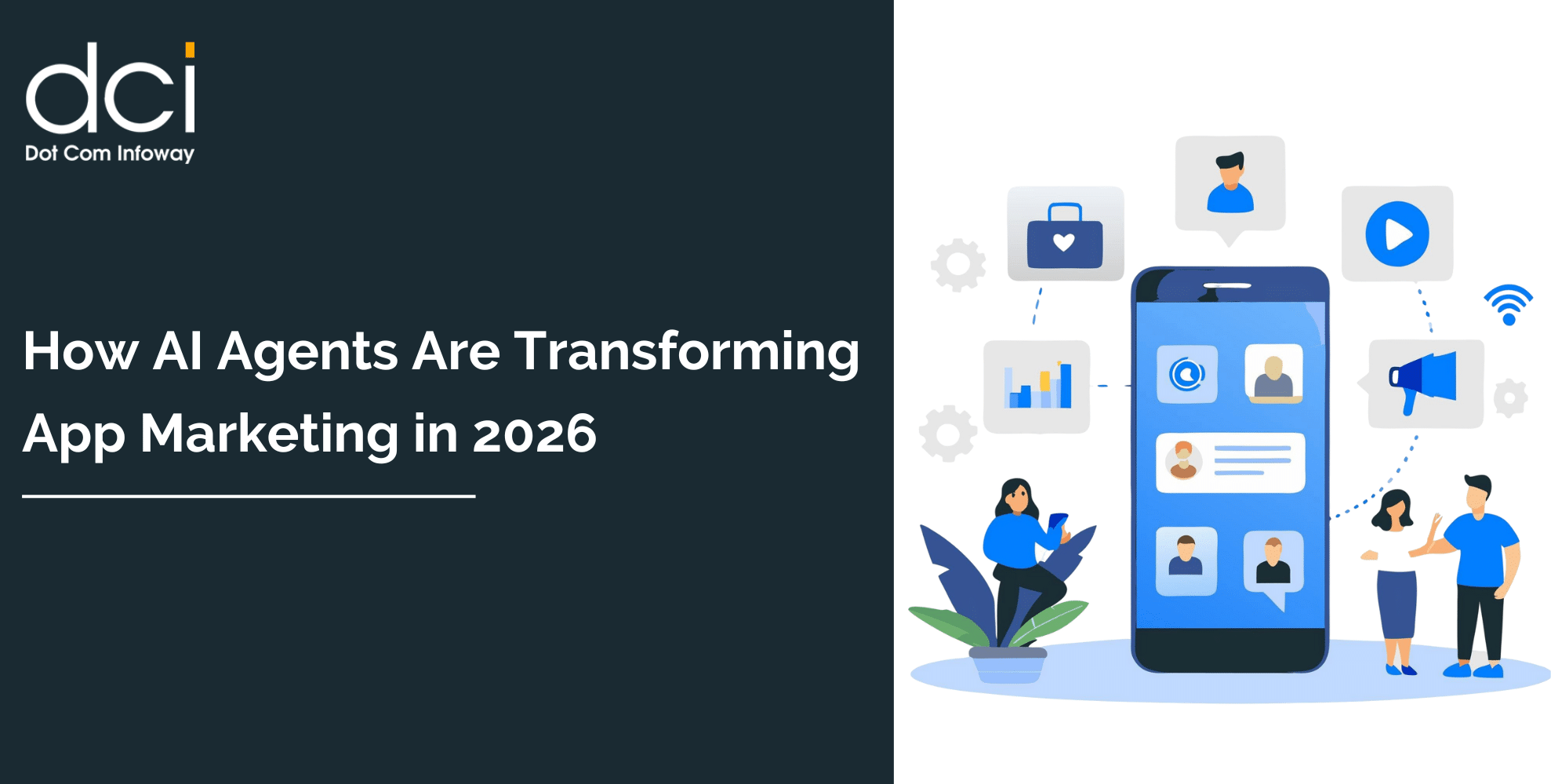
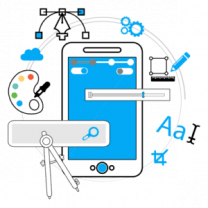




![The Game Marketing Guide: Pre and Post-Launch Strategies [Infographic]](https://www.dotcominfoway.com/wp-content/uploads/2023/09/DCI-Game-Marketing-blog-1.jpg)
